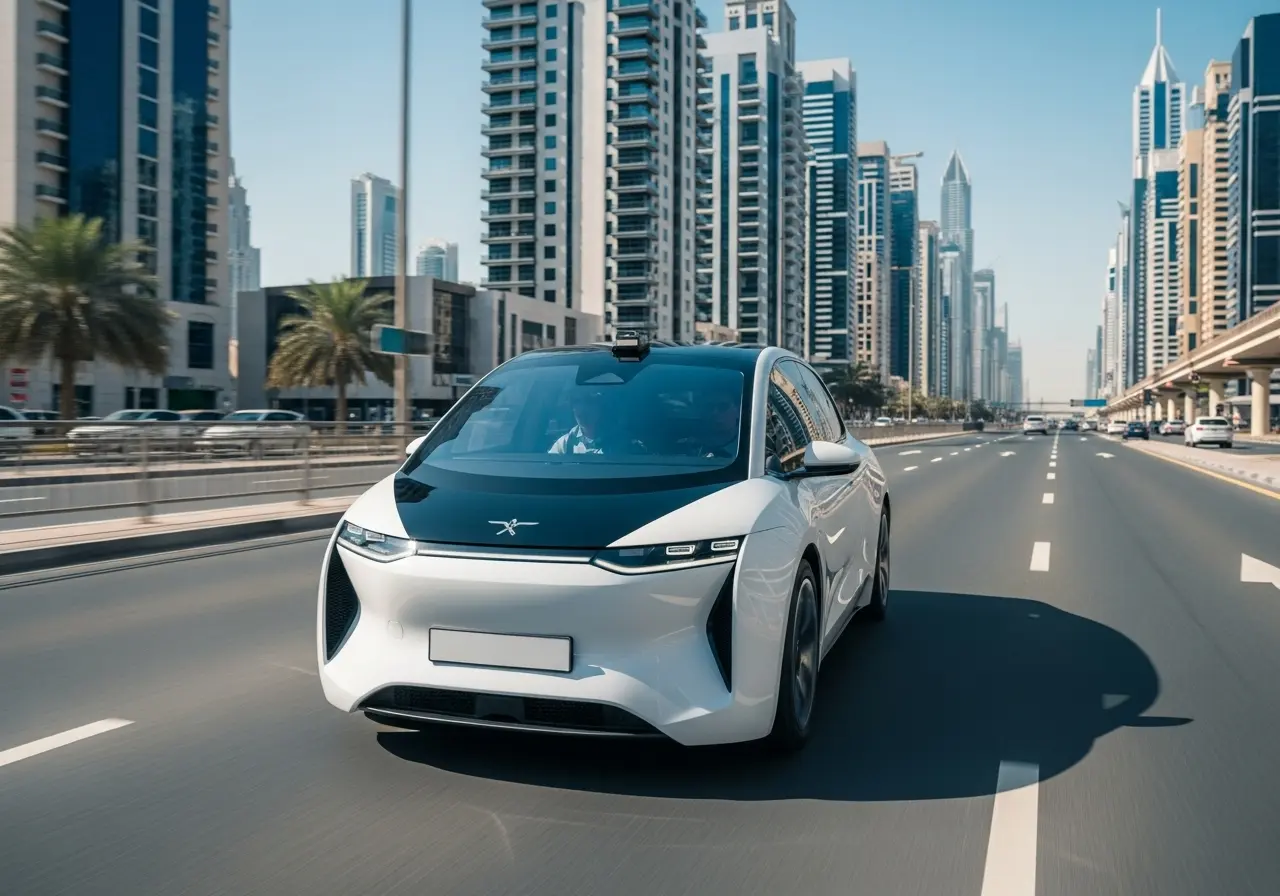The autonomous vehicles aren’t just changing how we drive, they’re transforming all the associated industries, including auto insurance. As more driverless cars hit the roads, traditional insurance models are being reevaluated. The impact of autonomous vehicles on insurance is no longer a futuristic concern; it's a current-day disruption with far reaching implications.
A Shift in Responsibility
One of the most significant ways driverless cars affect car insurance is by shifting liability. In a world where human error causes 90% of road accidents, automation has the potential to drastically reduce crashes. But when the driver becomes a passenger, who is responsible during an accident? Is it the vehicle owner, the manufacturer, or the software provider?
This grey area is prompting insurers to rethink policies and coverage models. We’re moving from insuring individual drivers to insuring systems—hardware and software combined.
Rethinking Risk Assessment
Traditional insurance heavily relies on risk assessments based on driver behavior, history, age, and location. But the future of auto insurance driverless cars will focus more on technology reliability, cyber security risks, and vehicle data. Insurers will need access to real-time analytics, vehicle logs, and performance data to determine premiums and responsibilities.
That brings privacy concerns to the forefront. Will consumers be willing to share extensive data in exchange for potentially lower premiums? Time will tell, but the industry is preparing for data transparency to become the new normal.
New Insurance Models Are Emerging
Usage-based insurance (UBI) and pay-per-mile models are gaining traction. With autonomous vehicles and auto insurance changes, we might also see product liability policies (covering manufacturers and software providers), subscription-based models (particularly for autonomous ride-hailing fleets), and hybrid policies combining personal and commercial coverages.
Insurance for autonomous vehicle fleets will also grow, especially as companies like Tesla, Waymo, and Uber invest heavily in driverless technologies. Fleet insurance will require comprehensive and continuous coverage that traditional models aren't equipped to handle yet.
Premiums May Drop - Eventually
Fewer accidents should theoretically reduce insurance premiums. But during the transition phase, we might see premiums increase due to high vehicle repair costs, expensive technology, and unclear legal precedents. Only once driverless cars insurance industry standards stabilize and accident rates decline significantly will premiums likely start to fall across the board.
This creates a unique dual-phase where human-driven and autonomous vehicles coexist, making underwriting more complex and claims processing even more so.
Regulation Will Play a Key Role
As with most tech-driven shifts, regulation often lags behind innovation. Governments worldwide are grappling with how to govern autonomous mobility, and insurance regulators are no exception. Until there’s a consistent global framework, insurers will have to navigate a patchwork of laws and compliance requirements.
In regions where regulation is more progressive, such as parts of Europe and select U.S. states, insurers are already piloting new policy types tailored to autonomous systems. These experimental models will likely serve as blueprints for global standards down the line.
The Role of Insurtech and Innovation
Expect insurtech companies to play a major role in this evolution. Their agility and data-first approach make them well-suited to adapt to this new ecosystem. From AI-driven risk assessments to blockchain-enabled claims, the driverless cars insurance industry is poised for a major tech upgrade.
Traditional insurers are also investing in digital transformation, acquiring or partnering with startups to remain competitive. Whoever adapts fastest will lead the next generation of auto coverage.
Consumer Trust Will Be Crucial
Beyond the logistics and legalities, there's a psychological hurdle: trust. People must feel confident not only in autonomous vehicles but also in the insurance products designed to protect them. Brands that communicate transparency, data safety and fair pricing will likely gain a competitive edge.
Education will be key. Providers must clearly articulate how driverless cars affect car insurance and how policies will evolve to safeguard both consumers and manufacturers.
Final Thoughts: A Road Under Construction
While the road ahead may be uncertain, one thing is clear, the impact of autonomous vehicles on insurance is monumental. What we’re witnessing is the formation of a new ecosystem where cars, tech, insurance, and policy converge.


